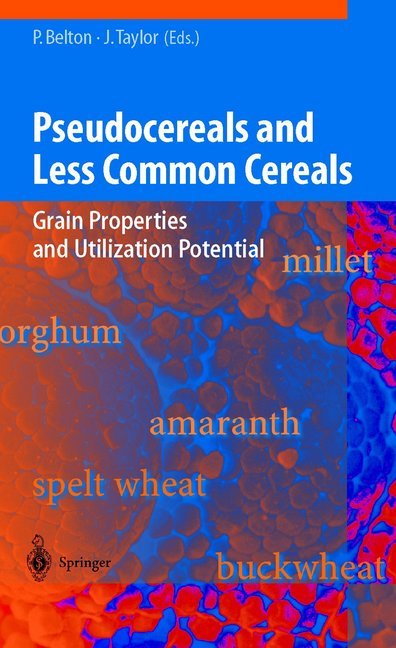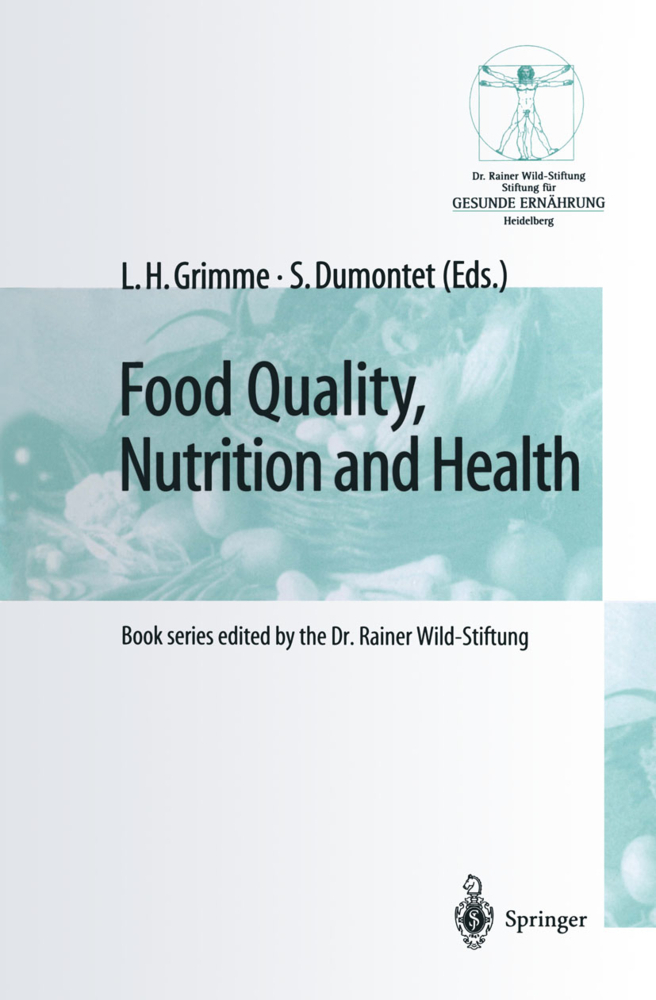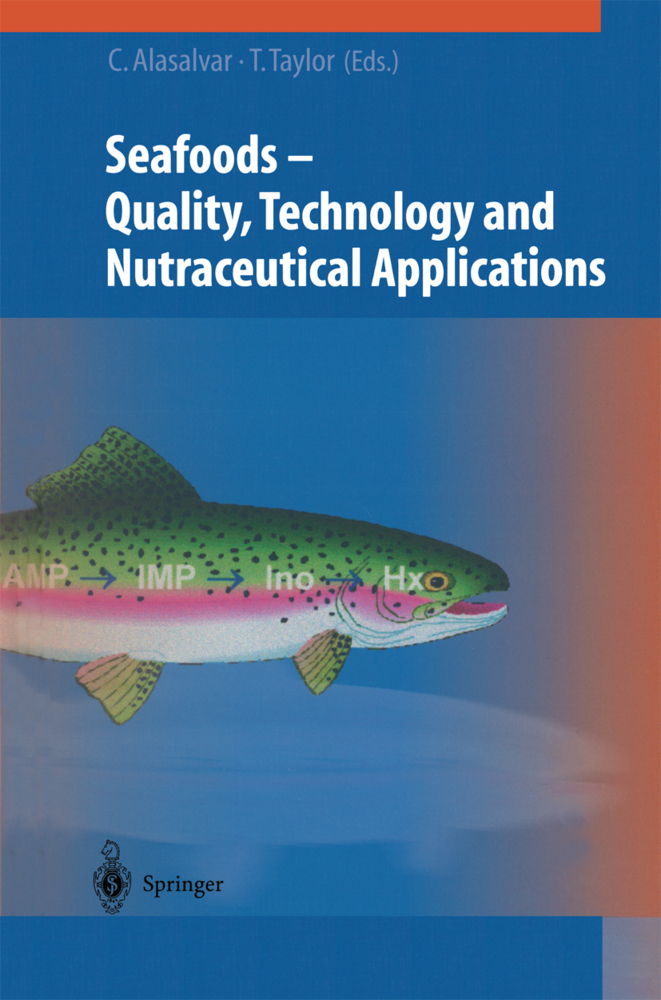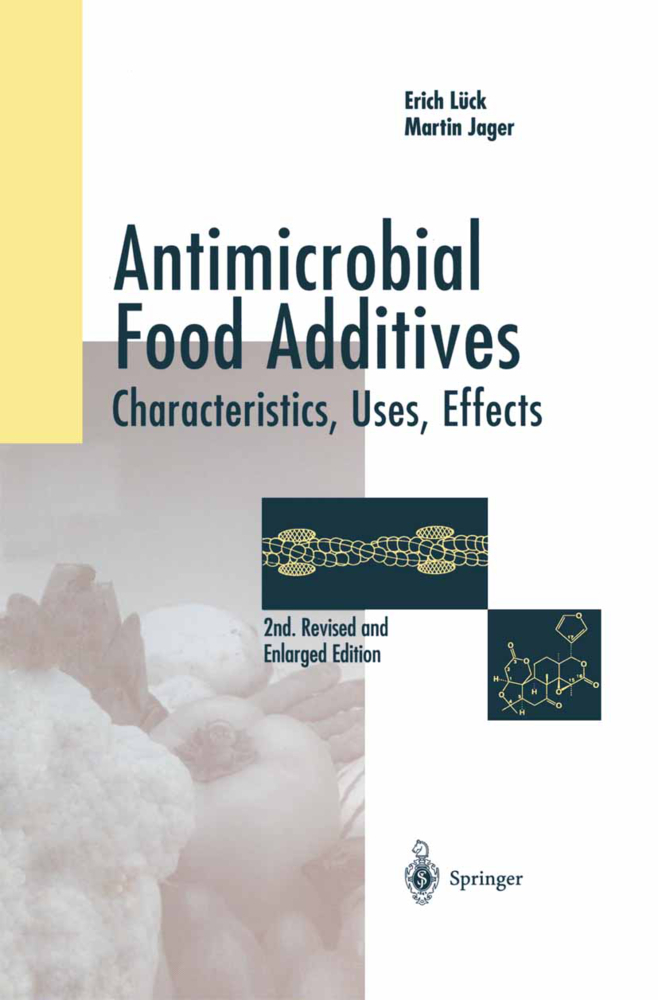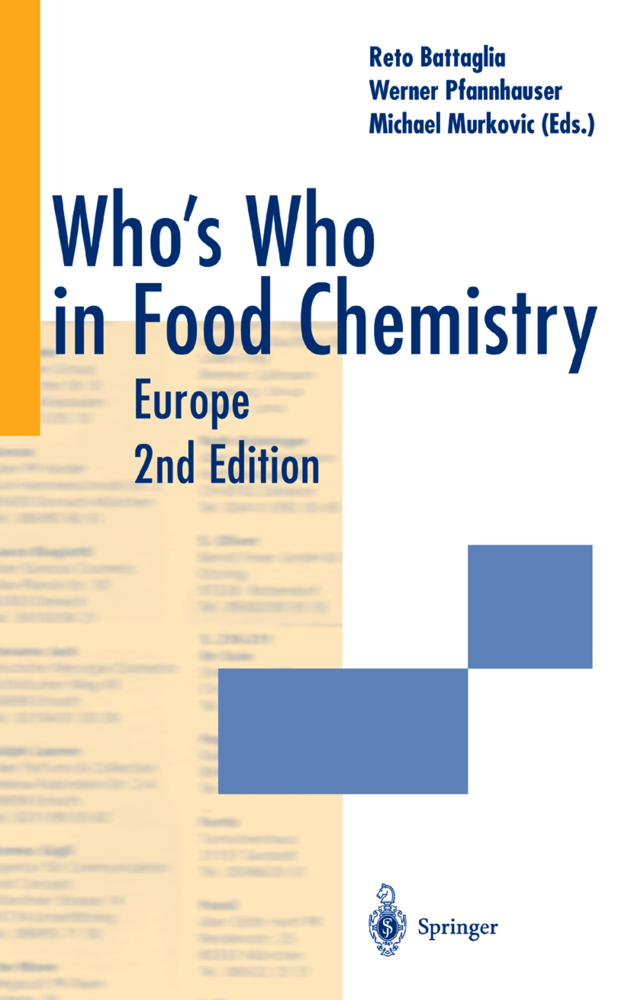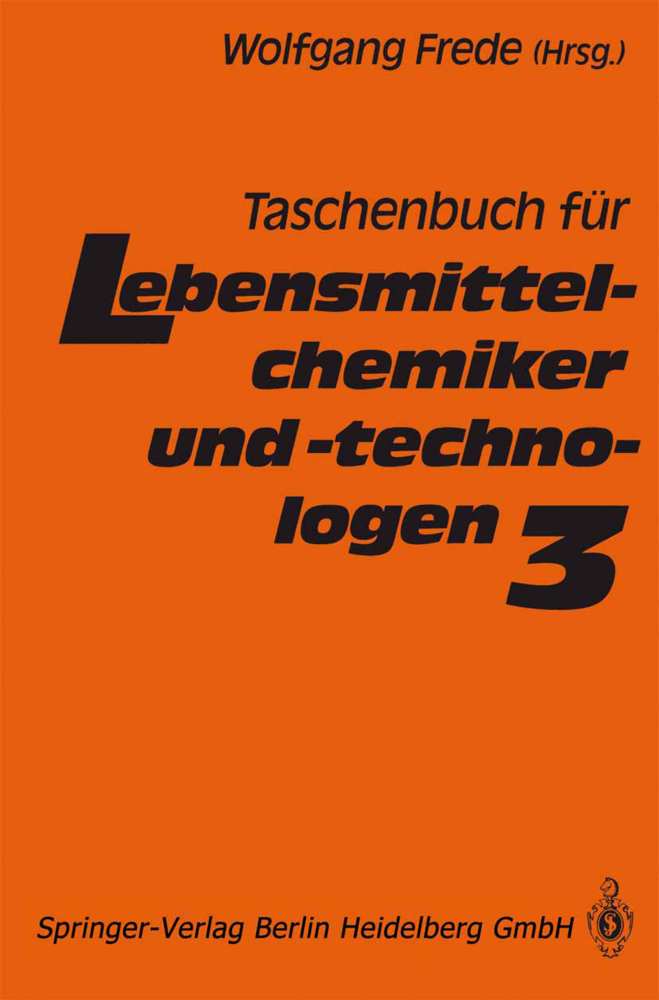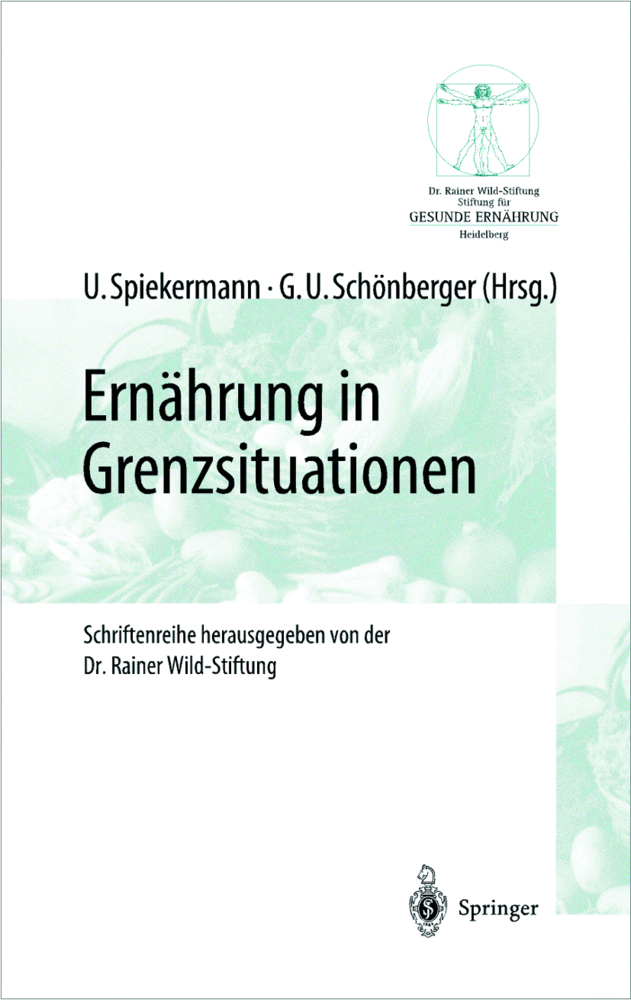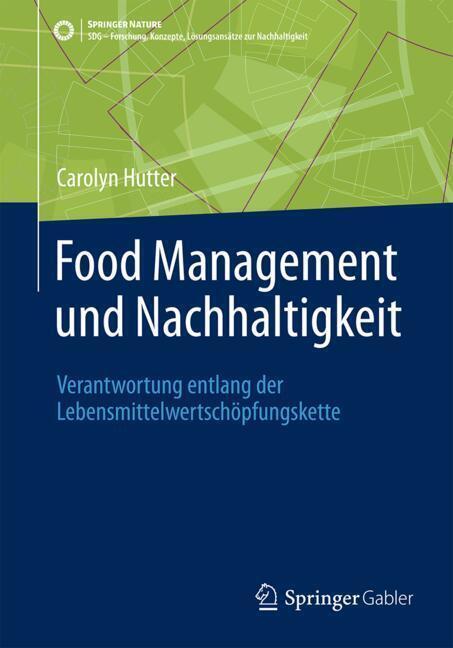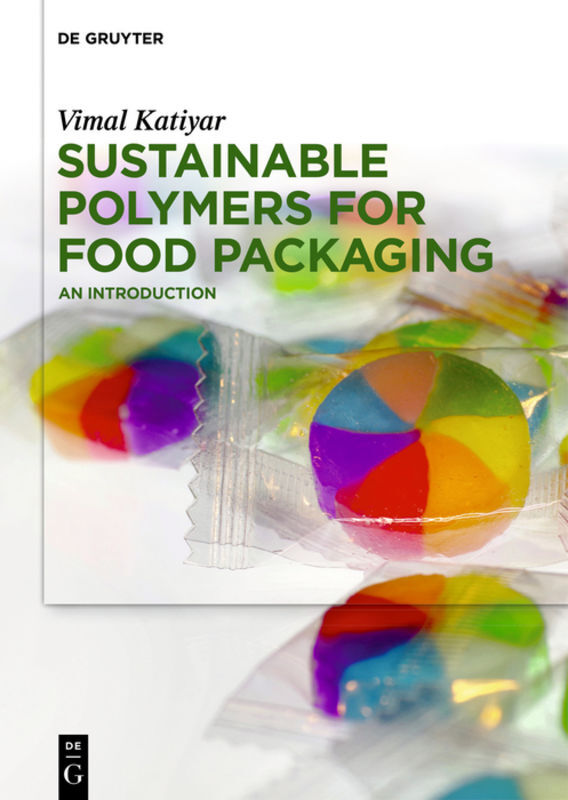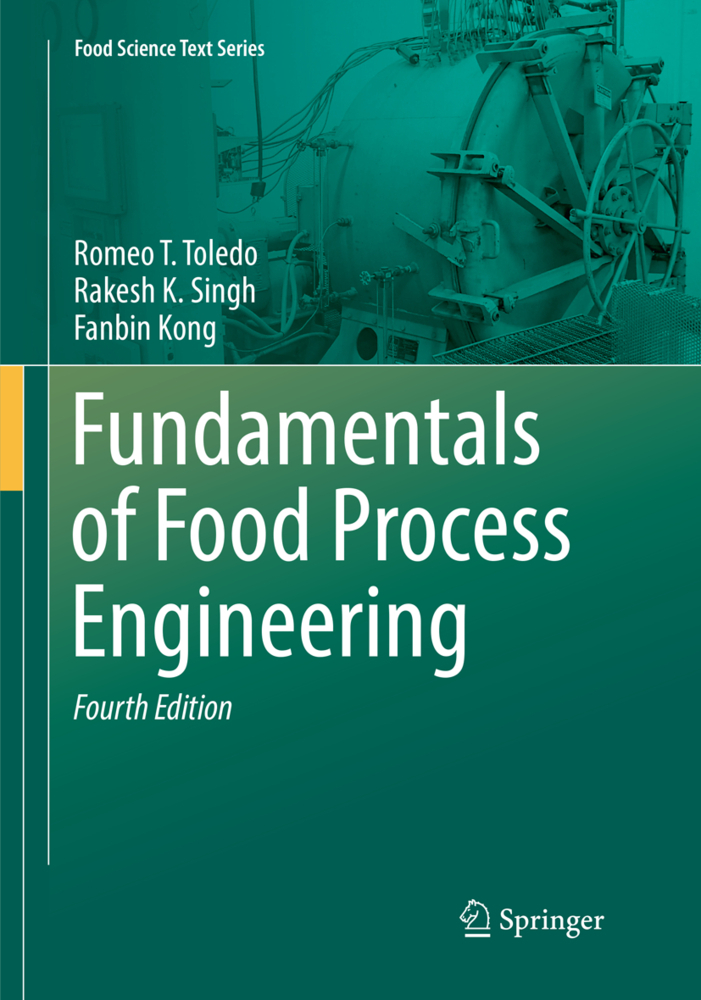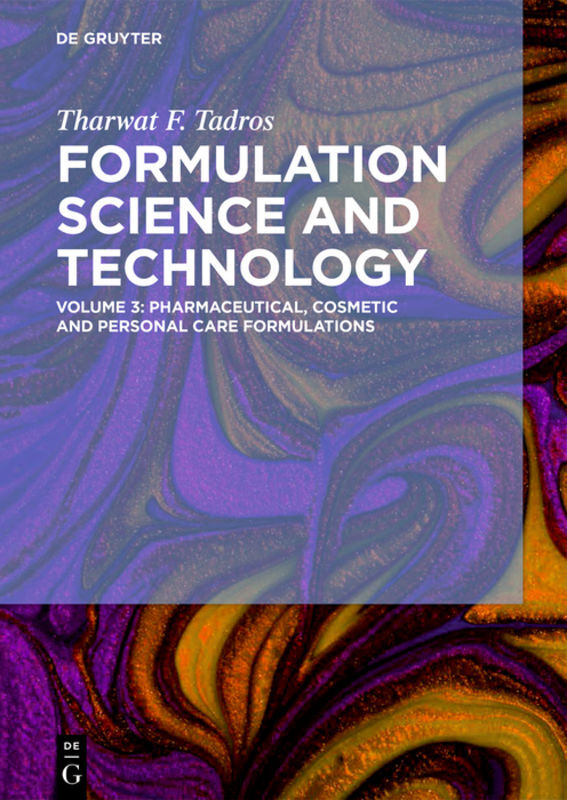Pseudocereals and Less Common Cereals
Grain Properties and Utilization Potential
Pseudocereals and Less Common Cereals
Grain Properties and Utilization Potential
Today, at the beginning of the third millenium, just three cereal grains - wheat, rice and maize - dominate the world's food supply, accounting for some 75 % of all grains produced. This food "oligoculture" poses some risks for the future of humankind. The risk of catastrophic food crop failure through insect pests or fungal diseases is ever greater as genetic diversity is reduced. The introduction of genetically modified cereals may exacerbate this situation, as different speeies will share the same genes conferring resistance to pests. The intensive cultivation practices needed to produce the required high yields of these highly developed cereals, the so-called Green Revolution, is leading to environmental degradation through denudation of the soil and pollution of the environment due to pestieide and fertilizer runoff. In addition, the undoubted benefits brought about for many by the Green Revolution, with its use of intensive agricultural practises, cannot be shared by all. Such cultivation practises are often inappropriate in the developing world where farmers simply do not have the income to purchase the required agricultural machinery, inorganic fertilizers and pestieides. Also, the environmental con ditions in much of the developing world, characterised by frequent droughts interspersed with short periods of very high rainfall, are espeeially dam aging to the large areas of unprotected soil which result from mechanised agriculture. Reliance on so few different grains for our nutrition also appears to be detri mental to our long-term health.
P.S. Belton, J.R.N. Taylor: Sorghum
J.R.N. Taylor, M.L Parker: Quinoa
P. Biacs, E. Aubrecht, I. Lder, J. Lajos: Buckwheat
R. Cubadda, E. Marconi: Spelt Wheat
A Babatunde Obilana, E. Manyasa: Millets
E. Berghofer, R. Schoenlechner: Grain Amaranth.
J.R.N. Taylor, P.S. Belton: Introduction
P.R. Shewry: The Major Seed Storage Proteins of Spelt Wheat, Sorghum, Millets and PseudocerealsP.S. Belton, J.R.N. Taylor: Sorghum
J.R.N. Taylor, M.L Parker: Quinoa
P. Biacs, E. Aubrecht, I. Lder, J. Lajos: Buckwheat
R. Cubadda, E. Marconi: Spelt Wheat
A Babatunde Obilana, E. Manyasa: Millets
E. Berghofer, R. Schoenlechner: Grain Amaranth.
Belton, Peter S.
Taylor, John R.N.
| ISBN | 978-3-642-07691-6 |
|---|---|
| Media type | Book |
| Copyright year | 2011 |
| Publisher | Springer, Berlin |
| Length | XVIII, 270 pages |
| Language | English |

